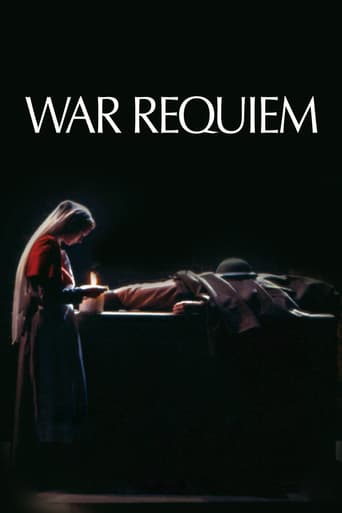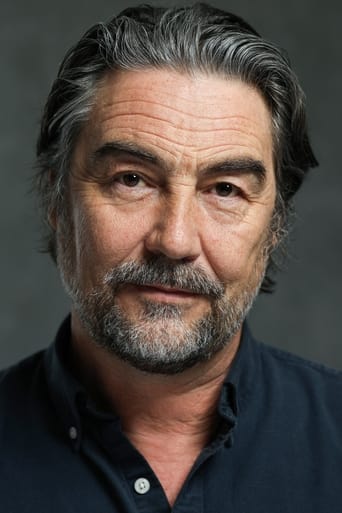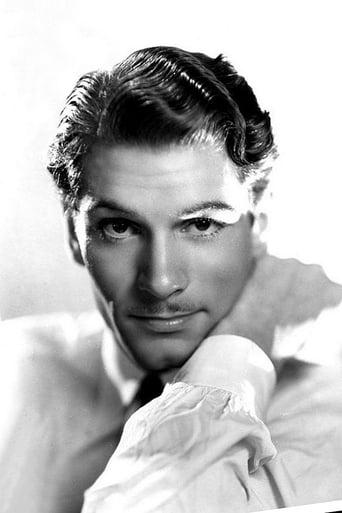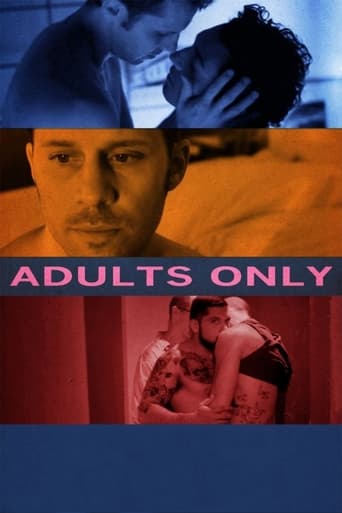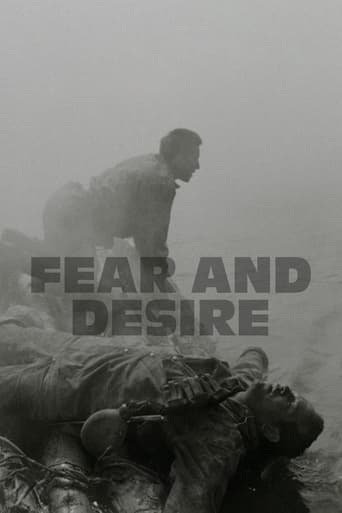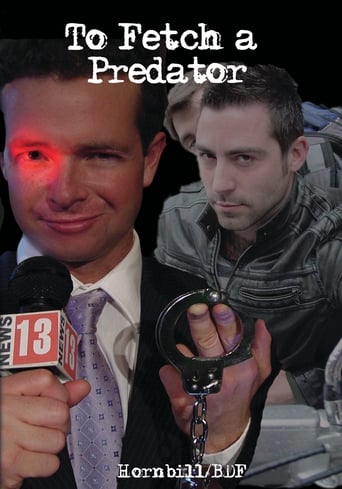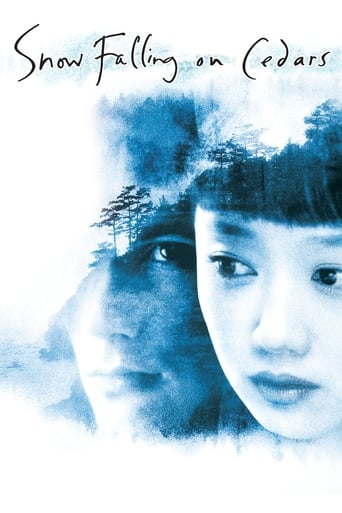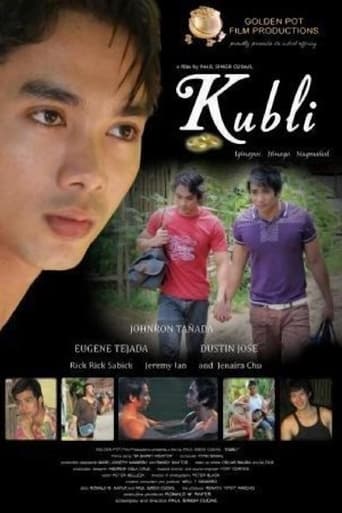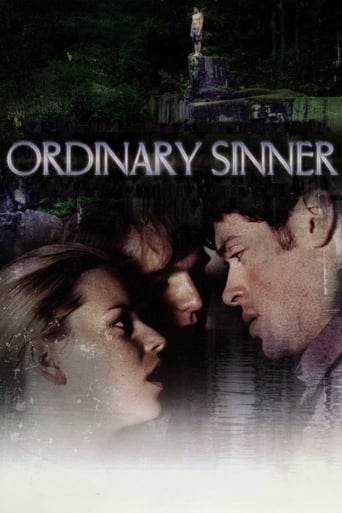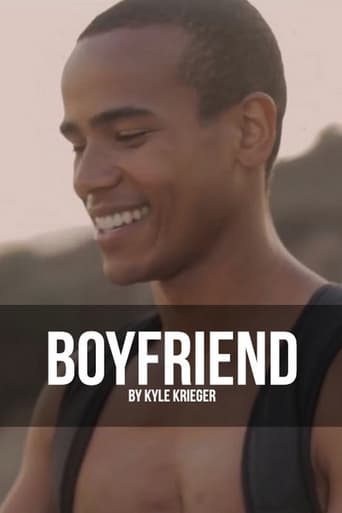War Requiem (1989)
A film with no spoken dialogue, just follows the music and lyrics of Benjamin Britten's "War Requiem, which include WWI soldier poet Wilfred Owen's poems reflecting the war's horrors. It shows the story of an Englishman soldier (Wilfred Owen) and a nurse (his bride) during World War I. It also includes actual footage of contemporary wars (WWII, Vietnam, Angola, etc.)
Watch Trailer
Free Trial Channels
Cast


Similar titles
Reviews
SERIOUSLY. This is what the crap Hollywood still puts out?
Just so...so bad
A Brilliant Conflict
Excellent and certainly provocative... If nothing else, the film is a real conversation starter.
Derek Jarman's "War Requiem" is not a movie in the general sense of the term. The only dialogue is at the beginning. From there it's all images of soldiers, set to the tune of Benjamin Britten's* requiem of the same title. I'd say that the movie works as a look at the horrors of war. The focus is World War I, but it includes footage of later wars. The music offers a good contrast to the war, but at the same time it distracts.This is the first Jarman movie that I've ever seen. It has its merits and its weaknesses. It turned out to be one of Jarman's final movies (he died of an AIDS-related illness in 1994). What the movie should do is force us to take a serious look at WWI. Not only did it senselessly kill millions and create a lost generation, but Versailles Negotiations set the stages for Hitler's rise to power, the Vietnam War, and the current bloodshed in the Middle East.So the movie does a good job showing the horrors of the war, although I doubt that it's possible to portray to the full extent. It's not clear if Jarman meant for the emphasis to be on the war, or on the operatic soundtrack accompanying the scenes. The result is an OK, not great effort.PS: Jarman, an openly gay man, fought Thatcher's proposed anti-gay laws in the '80s. I wonder what he would think now that the UK has marriage equality.*Benjamin Britten's music more recently appeared in Wes Anderson's "Moonrise Kingdom".
Derek Jarman was the infant terrible of British cinema in the 1970s with his provocative films Jubilee and Sebastiane, the latter having a costume budget of £20!In the 1980s thanks to funding from Channel Four Films he flourished by making low budget films of varying quality in rapid succession. By this time he was getting more accepted by critics and some elements of the public but by now he was also diagnosed as HIV+.War Requiem was partly funded by the BBC, a collaboration of music of Benjamin Britten (War Requiem) with images of war and conflict. Some of the scenes are recreated and dramatised whereas other scenes have been obtained from the Imperial War Museum. There is also poetry of Wilfrid Owen who is depicted in this film by the actor Nathaniel Parker.The film also has Tilda Swinton and Laurence Olivier in the opening scenes. In a sense looking at it now it is the passing of the torch from one acting generation to the next. This was Olivier's final film and it was with a future Oscar winner Swinton.The film was to have no dialogue but once Olivier agreed to play the 'Old Soldier,' Jarman realised that he might as well give the legend some dialogue and he recites a poem by Wilfred Owen.How successful the film is depends on your mileage as to whether you are a Jarman fan, like Opera or appreciate art-house cinema. The dramatised scenes are interesting but not wholly successful but they are beautifully lit and demonstrates what Jarman can do on a low budget. It helps that along with Swinton, Parker we have a young Sean Bean playing a German soldier.However the inclusion of the old documentary footage is less successful as it just makes the film drag. You feel that you are just watching old film with music and some of it is not very interesting although Jarman did also include footage of modern wars as well such as Vietnam, Falklands and the Afghan war with Russia of the 1980s.Still War Requiem is challenging, provocative, arty and displays the talents of a unique voice in British cinema.
With the exception of an opening sequence in which the music is introduced over a tolling bell and the text of Wilfred Owen's Strange Meeting read, this film follows the scheme of Britten's War Requiem, a poetry-expanded musical setting of the Requiem Mass. It's an intermittently effective project, Jarman using both narrative scenes and more abstracted tableaux that rely on the actor in frame to channel some sort of internal narrative. There is also scattered use of period footage from conflicts both pre-1963 (the date of the oratorio's composition) and as recently as the Falklands conflict (1981). All this is, in turn, the extrapolated daydream of a veteran of the Great War, played by Lawrence Olivier. Olivier's is the almost the only scene done on location and really does carry weight for all that it's mere seconds of screen time. Other scenes are rather more mixed: given the huge emotional and indeed satirical charge of the music the most affecting set pieces are those that play a straight narrative. That said, there is undeniable charge in the formal composition of static shots which reflect in their old master/biblical referencing the liturgy of the text. 5/10
War Requiem is a vital film in Derek Jarman's filmography; seemingly handcuffed by a score with which he could not play around at all, Jarman could not work his sonic wizardry with his usual collaborator Simon Fisher Turner, or any others. However, here Jarman fused many of his passions and obsessions into one of his most personal statements: working with favorite actors, especially the intense and beautiful Tilda Swinton; using the shimmering, glorious Super 8 of home and play; collaging and staging and digging up artifacts to reposition and reexamine them; and composing image and cuts like a composer working on a new symphony. Dziga Vertov and Dovzhenko may have been working in this vein this decades ago, but if Jarman gives it a try today, the comparisons are to "music video"; naturally, no one is really paying attention if they're making comments like this. The intent and effect of works such as War Requiem (or The Last of England and The Garden) are virtually an antithesis of the shallow, splashy, and seizure-ridden style and pace of MTV and company. Jarman has advanced his uniquely cinematic aesthetic - somewhere between the work of a symphonic composer and a painter, working with light and celluloid instead of oils - in this work that treads a tightrope between narrative and poetic verse. So many sequences of this film are powerful and gutsy and utterly moving: the montage of war footage, building in rhythm and intensity with Britten's score; the tear-inducing shot of Tilda swaying to the music; the nurses playing "Blind Man¹s Bluff"; the smoke and flowers. Derek crafted one of his most hearfelt, original, and spontaneously lyrical movies in War Requiem; now it only needs a top-notch release on DVD.

